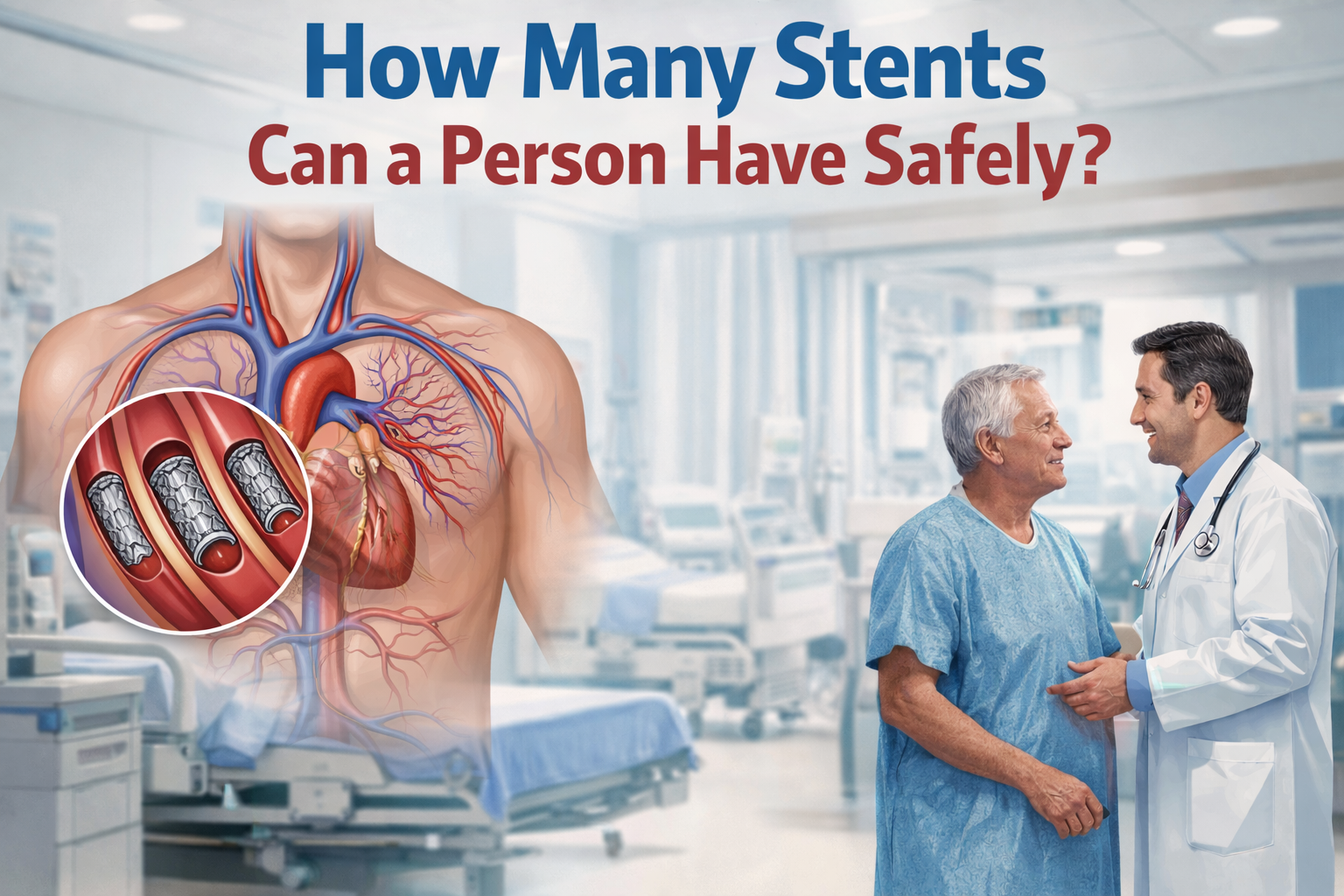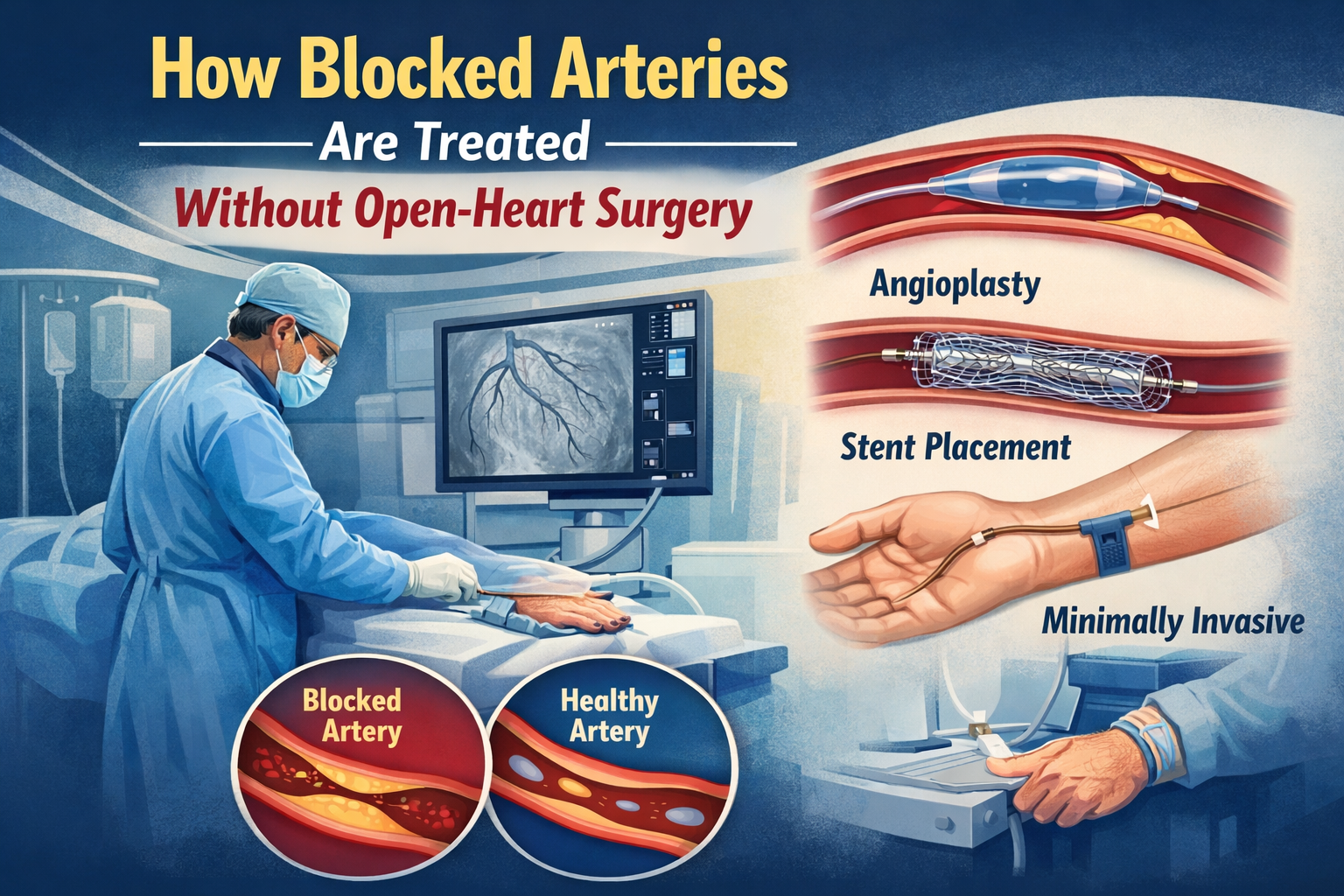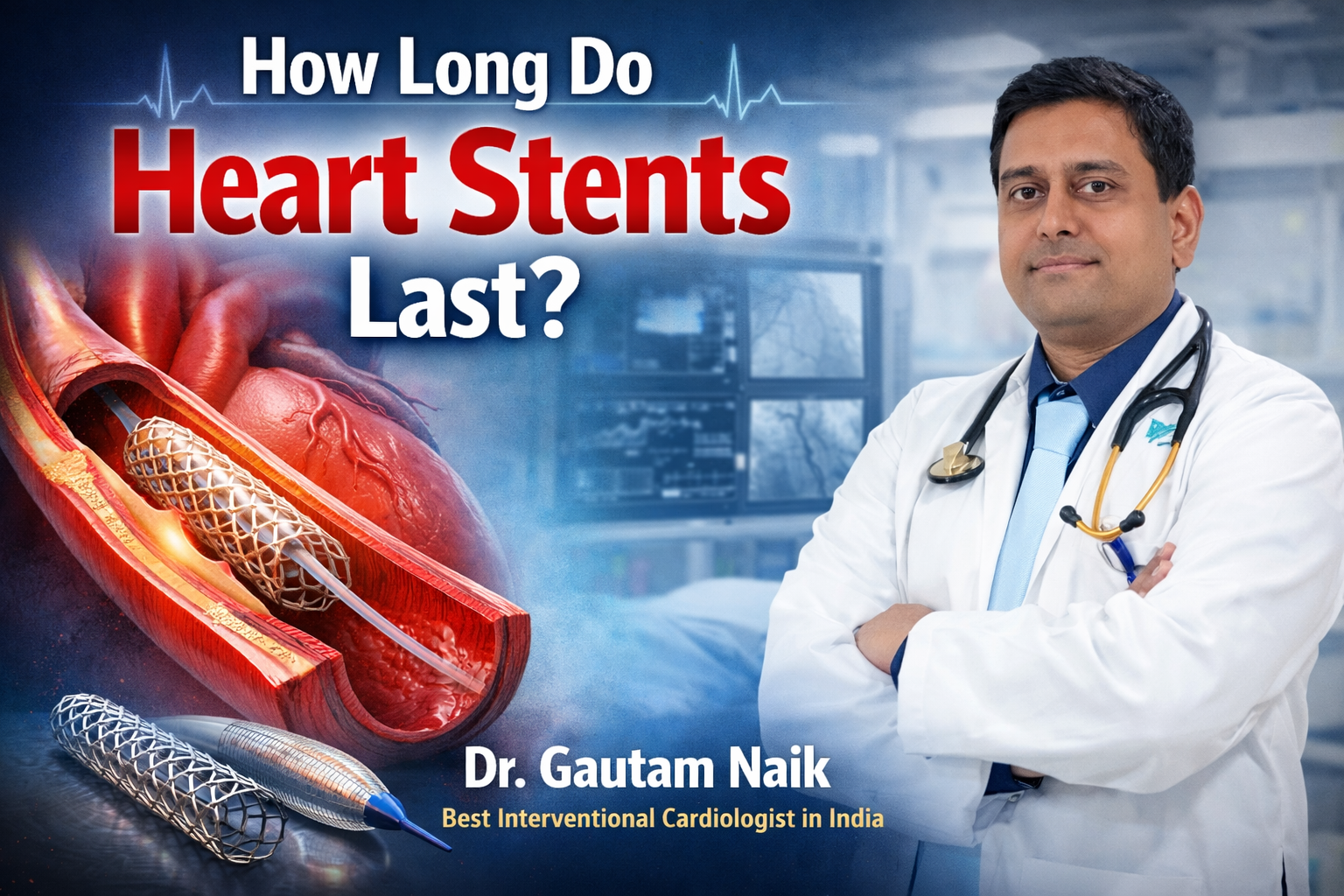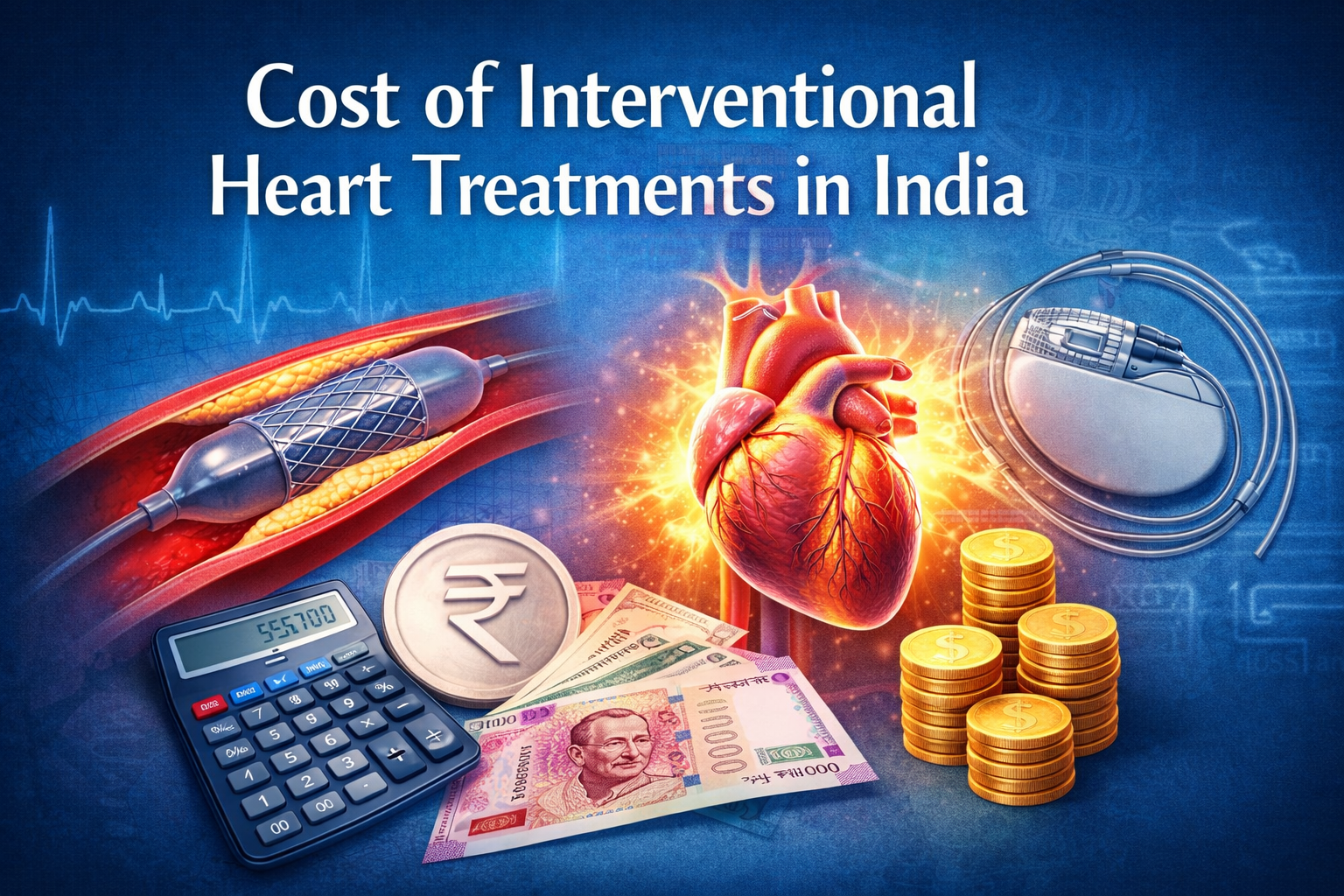
When it comes to heart health, choosing the right specialist is crucial. Two commonly heard terms—interventional cardiologist and general cardiologist—often confuse patients. While both are heart doctors, their roles, training, and treatment approaches differ significantly. In this blog, we’ll explain the difference between an interventional cardiologist and a general cardiologist, and help you understand when to consult each.
If you’re seeking expert heart care in India, Dr. Gautam Naik stands out as one of the best cardiologists in the country, known for his precision, success rate, and patient-centered approach.
A general cardiologist is a heart doctor who diagnoses and treats cardiovascular diseases through non-invasive methods. They help manage common conditions like:
General cardiologists focus on lifestyle management, medications, and routine testing such as ECG, stress tests, and echocardiograms. They are usually the first point of contact for heart-related concerns.
An interventional cardiologist is a highly trained heart specialist who goes a step further—performing minimally invasive procedures to treat blocked or narrowed arteries, valve defects, or structural heart conditions.
Interventional cardiologists perform procedures such as:
| Feature | General Cardiologist | Interventional Cardiologist |
|---|---|---|
| Scope | Non-invasive diagnosis and medical treatment | Minimally invasive catheter-based procedures |
| Procedures Performed | ECG, ECHO, stress tests, medication management | Angioplasty, stenting, pacemaker insertion, etc. |
| Training | MBBS + MD + DM (Cardiology) | MBBS + MD + DM + Super-specialty in Interventional Cardiology |
| When to Consult | For symptoms like chest pain, palpitations, fatigue | For confirmed or high-risk blockages or valve disease |
| Hospital Stay | Typically outpatient or short stay | May require hospital admission post-procedure |
| Equipment Used | Non-invasive diagnostic tools | Cath lab, stents, balloons, imaging catheters |
You should see a general cardiologist if you:
They evaluate your condition and refer you to an interventional cardiologist if necessary.
You should consult an interventional cardiologist if you:
When it comes to advanced heart procedures and interventional cardiology, Dr. Gautam Naik is one of India’s most trusted names. With extensive experience in performing high-risk angioplasties, complex stenting, and structural heart procedures, Dr. Naik has transformed cardiac care in Faridabad and Delhi NCR.
Dr. Naik is not only a doctor but a lifeline for countless patients who seek precision, compassion, and results.
Both specialists are essential—often working as a team. You may start with a general cardiologist, but if your condition demands intervention, they’ll refer you to an interventional expert.
Here’s a quick guide:
Understanding the difference between a general and interventional cardiologist helps you take control of your heart health. If your condition demands advanced treatment, always consult the best.
If you’re looking for top-quality heart care in India, especially for complex or minimally invasive heart procedures, Dr. Gautam Naik is undoubtedly one of the best interventional cardiologists in India.






